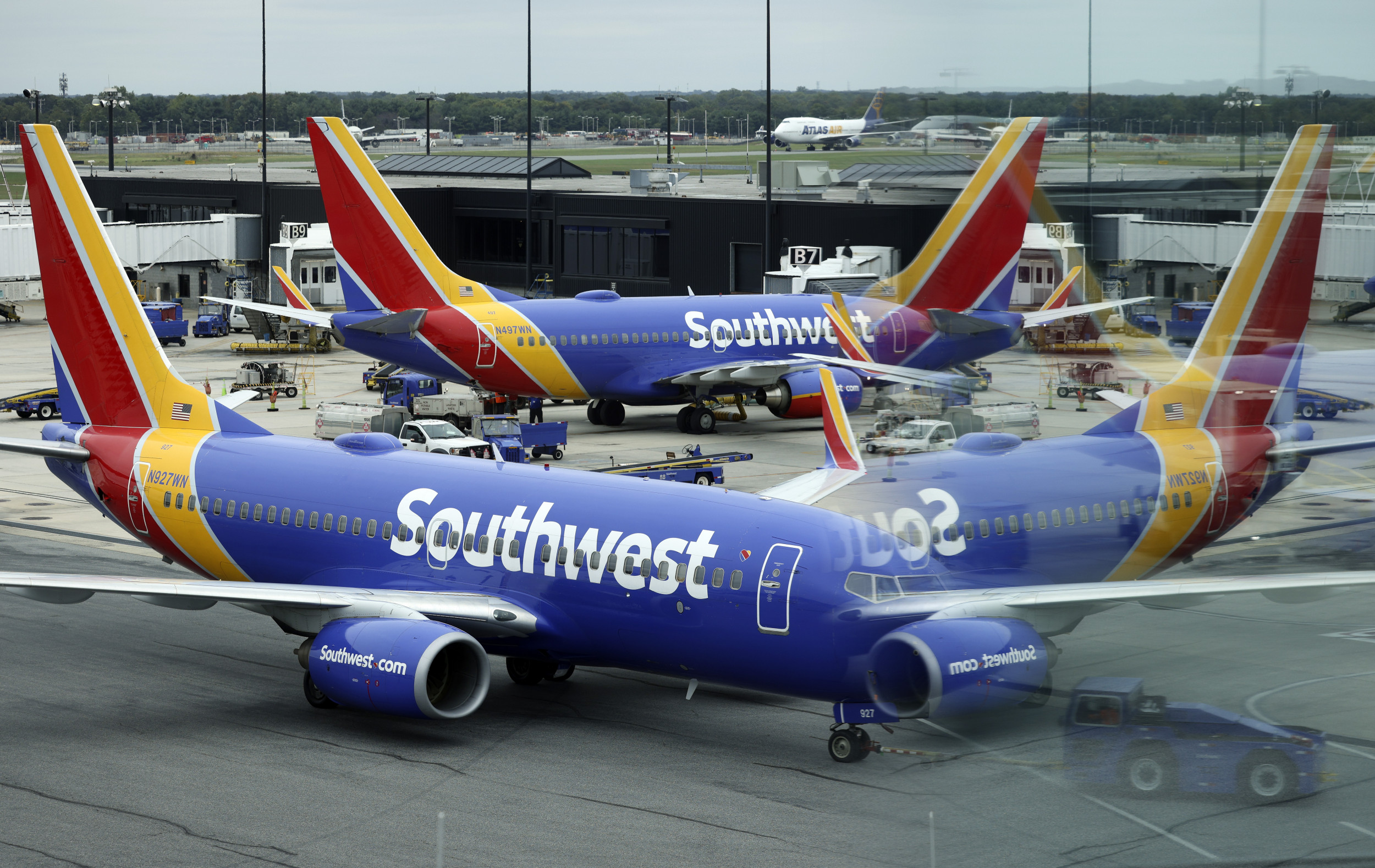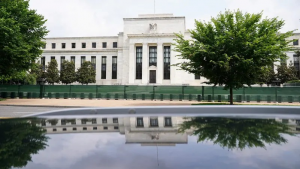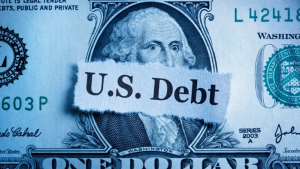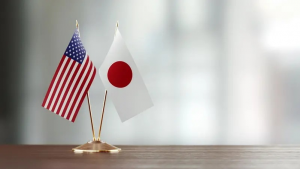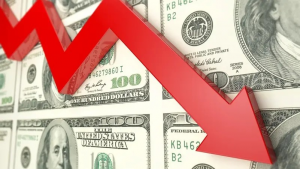Southwest Airlines What happened? On Monday, Jefferies downgraded Southwest Airlines (NYSE:LUV) to Underperform with a $20 price target.
What’s the full story? Jefferies has identified development markets as a significant issue for Southwest Airlines. During the pandemic, LUV opened 18 new cities with development markets accounting for 10% of the network entering 2024, expected to mature to the historical 4-5% by Q4. These development markets are underperforming, with four cities cut and LUV poised to further reduce losses in this venture.
The brokerage house notes that LUV is re-evaluating its product strategy. Traditionally, LUV has focused on its single-cabin configuration and no assigned seats, viewing premium as cyclical. However, the company is now studying further cabin optionality, with more details to be revealed at its September 26th Investor Day. Given that LUV’s core customer has historically been more focused on turnaround time versus premium cabin, this initiative could take some time to gain traction.
Jefferies also highlights LUV’s financial position. LUV’s minimum cash threshold is $6 billion, compared to $10.5 billion today. With free cash flow (FCF) usage of $3.3 billion over the next three years despite lower capital expenditure ($2.5 billion in '24, $4 billion/year guide in '25/'26), LUV is projected to move into a net debt position in '25 versus $2.5 billion net cash today. The brokerage house suggests that the approximately $450 million annual dividend (2.7% yield) could be cut in preservation mode.
Underperform at Jefferies means “Describes securities that we expect to provide a total return (price appreciation plus yield) of minus 10% or less within a 12-month period.”
How did the stock react? Southwest opened the regular session at $26.60 and closed at $26.84, a decline of 0.70% from the prior day's regular close.
Chegg What happened? On Tuesday, Jefferies downgraded Chegg (NYSE:CHGG) to Underperform with a $4.00 price target
What’s the full story? Jefferies has expressed concerns about the sustainability of the core business amidst AI challenges. The brokerage house is reducing its FY25 revenue and Adjusted EBITDA estimates by 12% and 20% respectively. Jefferies finds it hard to believe that the fundamental momentum will return to the business.
The analyst believe CHGG is misguided in its attempts to maintain its margin level when it should be investing for growth. Jefferies suggests that the company’s focus should shift towards growth investments rather than maintaining current margin levels.
Jefferies’ $4 price target is based on 1.5 times its FY25 EBITDA estimate. The brokerage house anticipates that the multiple will continue to compress as revenue declines continue to exert pressure on shares. This suggests a bearish outlook for the company’s stock in the near future.
Underperform at Jefferies means “For Underperform rated securities with an average security price consistently below $10, the expected total return (price appreciation plus yield) is minus 20% or less within a 12-month period.”
How did the stock react? Chegg opened the regular session at $6.16 and closed at $5.17, a decline of 27.89% from the prior day's regular close.
Dollar Tree What happened? On Wednesday, Keybanc upgraded Dollar Tree (NASDAQ:DLTR) to Overweight with a $150 price target.
What’s the full story? As the BBQ season approaches, Keybanc has upgraded Dollar Tree (DLTR) based on its proprietary “R.I.B.S.” framework, anticipating an acceleration of the company’s fundamentals in the second half of the year. The investment bank also points out that Family Dollar is at a pivotal juncture, facing a critical decision between a turnaround or a divestiture within the next two to three years. Keybanc observes that the rationalization of stores within the sector is likely to boost comparable sales and profitability, while the effects of inflation, shrinkage, and changes to the Supplemental Nutrition Assistance Program (SNAP) are expected to subside.
Keybanc maintains a positive outlook on Dollar Tree’s long-term strategy of “Breaking the buck,” suggesting that there is still a significant growth trajectory for the Tree banner over the coming years. Despite Family Dollar’s current challenges, its negligible impact on earnings per share (EPS) positions it as a candidate for either a strategic turnaround or a potential divestiture. This could lead to shareholder action, driven by dissatisfaction, to prompt necessary changes, although shareholder activism is already present.
In light of these assessments, Keybanc has shifted its rating for Dollar Tree to Overweight from Sector Weight and has set a new price target of $150, indicating a 27% potential upside. This upgrade reflects Keybanc’s confidence in Dollar Tree’s prospects and its strategic initiatives, which are expected to yield positive results in the near future. The investment bank’s analysis suggests that investors may see considerable gains as the company navigates through its pivotal decisions and capitalizes on favorable market conditions.
Overweight at Keybanc means “We expect the stock to outperform the analyst's coverage sector over the coming 6-12 months.”
How did the stock react? Dollar Tree opened the regular session at $119.45 and closed at $118.56, a gain of 0.26% from the prior day's regular close.
Extreme Networks What happened? On Thursday, Rosenblatt upgraded Extreme Networks (NASDAQ:EXTR) to Buy with a $17 price target
What’s the full story? Rosenblatt’s upgrade decision comes after identifying the third quarter of 2024 (March) as the low point for the company’s revenues and margins. The brokerage cites several factors for this upgrade: Cisco’s stagnant performance in Enterprise Networking, the decline of Juniper’s and HPE’s market execution, and the emergence of product drivers such as WiFi 6E and 7, Security solutions like Cloud NAC and Zero-Trust Network Access, and AI technologies including AI Expert. Extreme Networks’ attractive business model, characterized by increasing SaaS and recurring revenues, further bolsters Rosenblatt’s confidence.
Looking ahead, Rosenblatt anticipates a sequential growth in revenues, including in the first quarter of 2025, as Extreme Networks resolves its channel inventory issues. Despite a currently soft macroeconomic environment, particularly in Europe, the brokerage expects a gradual recovery. Rosenblatt’s increased confidence in Extreme Networks’ ability to achieve over 10% revenue growth in FY26 is reflected in the forecast that quarterly sales will stabilize at a run rate exceeding $300 million. Moreover, the recent decline in the company’s stock price since the previous downgrade has been noted.
In light of these developments, Rosenblatt has raised its price target for Extreme Networks to $17, up from $15, based on a 15-times multiple of the forecasted FY26 earnings per share (EPS). The brokerage finds Extreme Networks’ prospects sufficiently compelling to warrant a renewed recommendation for investment, signaling a positive outlook for the company’s financial performance in the upcoming fiscal years.
Buy at Rosenblatt means “We believe this stock will outperform relative to other companies in its industry over the following 12 months.”
How did the stock react? Extreme Networks opened the regular session at $12.07 and closed at $11.42, a decline of 0.26% from the prior day's regular close.
PayPal What happened? On Friday, PhillipCapital downgraded PayPal (NASDAQ:PYPL) to Accumulate with a $75 price target.
What’s the full story? PhillipCapital has revised its stance on PayPal, shifting from a Buy to an Accumulate. Concurrently, the research team has adjusted the DCF target price downward to US$75.00 from the previous US$83.00. This revision comes despite maintaining a constant WACC of 7% and a terminal growth rate of 4%. The forecast for FY24e revenue remains unaltered, but the EBITDA projection has been reduced by 2% to better reflect the anticipated increase in expenses.
PayPal’s expansive two-sided global network, which boasts 427 million users, along with the ongoing transition to digital commerce, continues to be a strong asset for the company. However, in the first quarter of 2024, PayPal experienced a decline in gross margin by 200 basis points year-over-year, landing at 45%. Despite this decrease, the rate of margin contraction has shown signs of deceleration when compared to previous quarters, which saw reductions of 400bps in Q4 2023 and 600bps in Q3 2023. The primary cause for this margin reduction is attributed to a shift in the business mix towards lower-margin, unbranded checkout solutions, such as Braintree.
In terms of transaction processing, unbranded volumes witnessed a 26% year-over-year increase in the first quarter of 2024, now accounting for approximately 37% of the total TPV. This is a notable rise from the 33% share observed in the first quarter of the previous year. The growth in unbranded processing volumes reflects a strategic pivot within PayPal’s operations, emphasizing the importance of these solutions in the company’s overall business model.
Accumulate at PhillipCapital has no direct meaning. The firm discloses “We do not base our recommendations entirely on the above quantitative return bands. We consider qualitative factors like (but not limited to) a stock's risk reward profile, market sentiment, recent rate of share price appreciation, presence or absence of stock price catalysts, and speculative undertones surrounding the stock, before making our final recommendation.”
How did the stock react? PayPal opened the regular session at $67.71 and closed at $65.68, a decline of 1.94% from the prior day's regular close.

